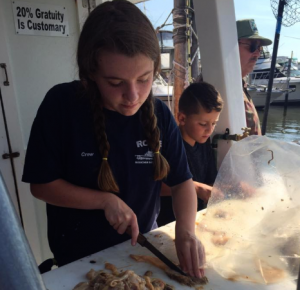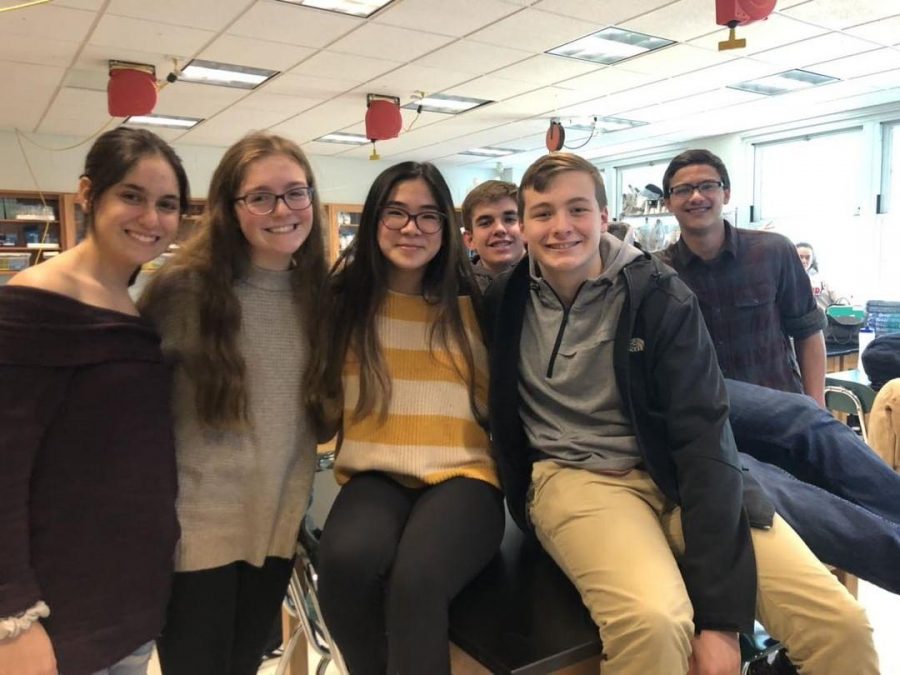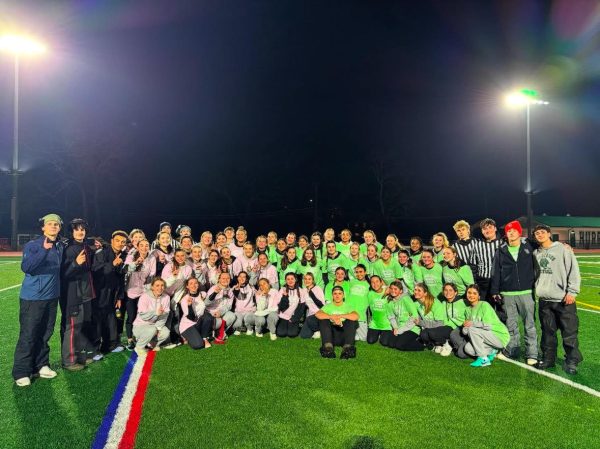Dr. Gobler’s Medical Marvels
Dr. Gobler’s 9th-period science research class has begun something that could be potentially life-changing. The research students will be working to fix a widespread problem—vaping.
Vaping has been on the rise since the e-cigarettes first came out in 2003. They were first marketed as a safe replacement for smoking. But recent studies have shown that they can contain many more chemicals than a single pack of cigarettes. Due to this fact, The Feinstein Institue for Medical Research has released this year’s Medical Marvel topic.
Jade Hawkesworth, a sophomore, is one of the students involved in this project, though she wasn’t originally on board. “When Dr. Gobler brought this idea up to our team I was unsure of whether or not I wanted to be a part of this because it would require more work on top of my already ‘strenuous’ workload,” she shared. “But after I thought about it, I realized that this problem has been affecting everyone in our school in a different way. It just seemed to me that students were unaware of the harm they could cause themselves.”
The team has a few ideas of how to go about solving this problem. “Through our research, we found that this problem, like most, required a mixture of solutions to be entirely effective so we implemented three different components,” Jade continued.
One idea is an upgraded ID card. “We have a technological component which would involve students carrying their ID cards on them at all times and thus when they walked into the bathroom it could detect the actual individual.”
If put into action, they also plan on installing detectors in the bathrooms to tell if a vaping device is being used. “We also have been thinking to pair this with an infrared detector as the vaping devices have to heat up really quickly.”
Jade and her teammates—Matt Daleo, Jane Paulson, Casey Gallagher, Evan Lockwood, Jack Halloran, and Dr. Gobler—have already spoken to Dr. Herr to gain data about vaping in our school and plan on presenting their findings to the board sometime in February.
“We originally reached out to Dr. Herr about receiving data for our own school so we can specialize the plan towards our school but through further talking I believe that sometime in February we are going to present our findings and plan to the school board.”

Taylor, a sophomore at WHB, lives in East Moriches with her mother, father, and grandmother. She grew up on the water and enjoys every second near it....












